Japanese tea
Japanese tea is different from other teas in the world. Although most Japanese teas are green, they do not resemble their Chinese counterparts much. While China's green tea tradition is based on clean, light, roasted characters, in Japan we find fuller, umami-rich teas, often with marine, algae-like aromas. The explanation is mainly found in the processing methods, where Japanese craftsmanship revolves around extensive rolling of the leaves and steaming instead of roasting. The rolling opens up the cells and releases the fullness, while steaming highlights completely different aromas than roasting, the ones we often describe as algae-like. In addition, Japanese growers experiment with unique methods of shading, where the amount of sunlight is reduced before harvest, which greatly affects the nutritional content and flavor profile of the leaves. Given the great influence of craftsmanship on Japanese teas, the role of the producer is especially important. Read more
-
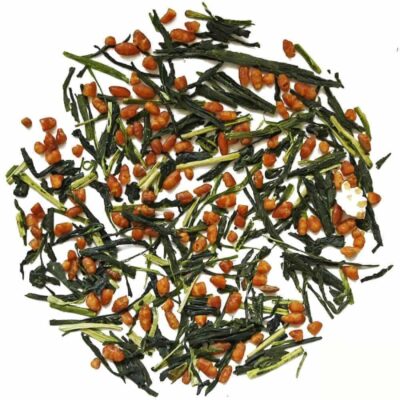
Genmaicha
Starting at 7.40€ -

Hojicha
Starting at 5.52€ -
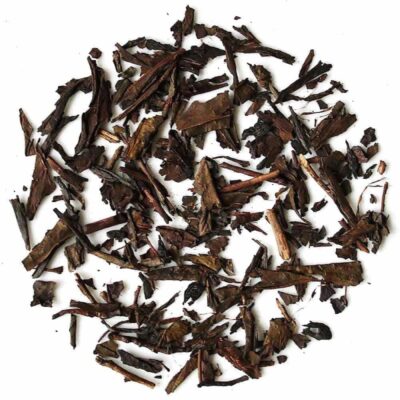
Hojicha Orange
Starting at 5.52€ -
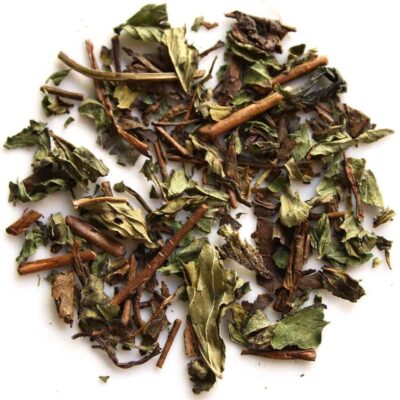
Hojicha Peppermint
Starting at 5.52€ -

Hojicha Powder
Starting at 7.40€ -
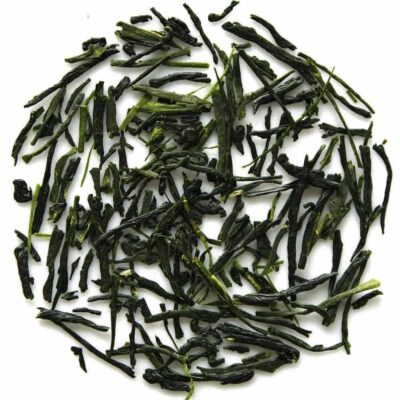
Kabusecha Yabukita
Starting at 13.95€ -
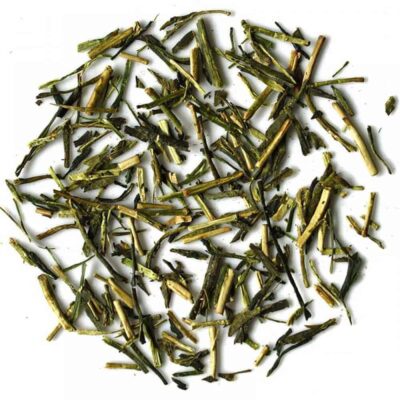
Kukicha
Starting at 6.46€ -

Kukicha Ginger Lemon
Starting at 7.02€ -
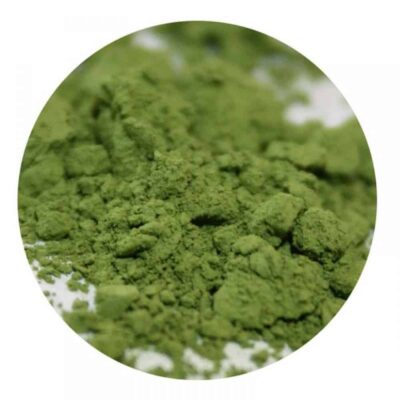
Matcha For Drinks
Starting at 9.27€ -
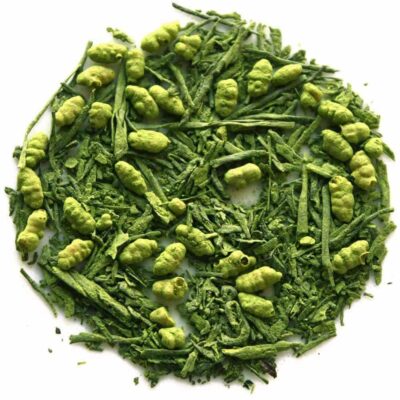
Matcha Genmaicha
Starting at 7.96€ -
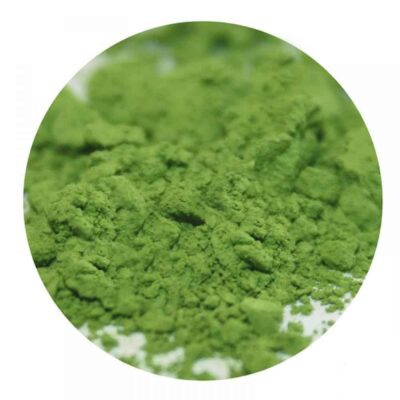
Matcha No Midori
Starting at 18.64€ -
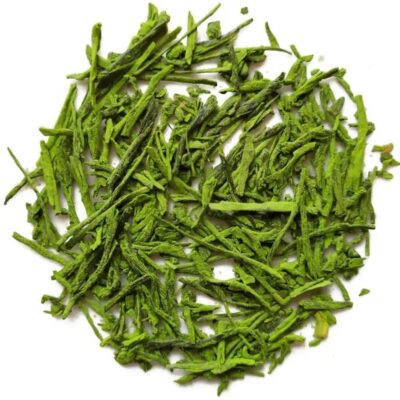
Matcha Sencha
Starting at 9.27€ -

Organic Matcha
Starting at 11.14€ -
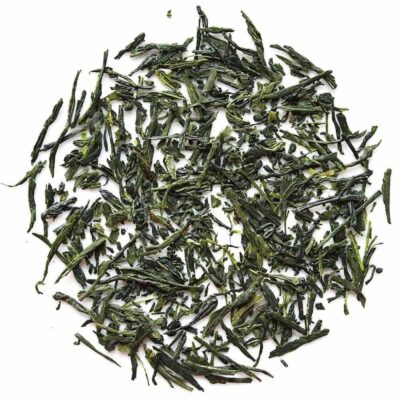
Sencha Asanoka
Starting at 8.90€
Japanese tea: a culture of tradition and finesse
Japanese tea, which includes a range of unique and traditional varieties, is known for its high quality and distinctive flavour profiles. The dominant tea variety is green tea, which is distinguished from other teas by its special processing that preserves the leaves in their fresh state. In Japan, tea is not only a beverage but also part of the culture and a symbol of harmony and aesthetics.
Flavour profiles and types of Japanese tea
Among the most popular Japanese teas are matcha, sencha and gyokuro. Matcha, a finely powdered tea, has an intense and sweet flavour with a green aroma unique to Japan. Sencha, on the other hand, offers a grassy and slightly umami flavour, making it a favourite among tea lovers. Gyokuro is another high-quality variety that is harvested under shade, giving it a sweeter taste and deeper colour.
These varieties of Japanese tea are rich in antioxidants and have a variety of health benefits. Research has shown that green tea, including Japanese tea, can support weight loss, boost metabolism and promote heart health. The antioxidants, especially the catechins, have powerful properties that can fight free radicals and contribute to a healthy life.
Caffeine and its effects
Japanese tea contains caffeine, which contributes to its stimulating effect. The caffeine in green tea is lower than that found in black tea, but enough to provide a mild energy boost. The caffeine content of Japanese tea is also balanced by the amino acid theanine, which can help create a sense of calm and focus. This combination makes Japanese tea an excellent choice for those seeking a mild stimulant without the jittery effects of stronger drinks like coffee.
Sustainability and ecological practices
With growing awareness of environmental issues, demand for organic tea has increased. Many Japanese farmers practice sustainable practices aimed at protecting biodiversity and preserving soil health. By choosing organic Japanese tea, consumers can enjoy a high-quality beverage while making a conscious choice for the planet. Japanese tea is more than just a beverage; it is an art form and part of a rich tradition. With its unique flavours and health benefits, Japanese tea offers a pleasurable and invigorating experience for anyone interested in the fascinating world of tea.
